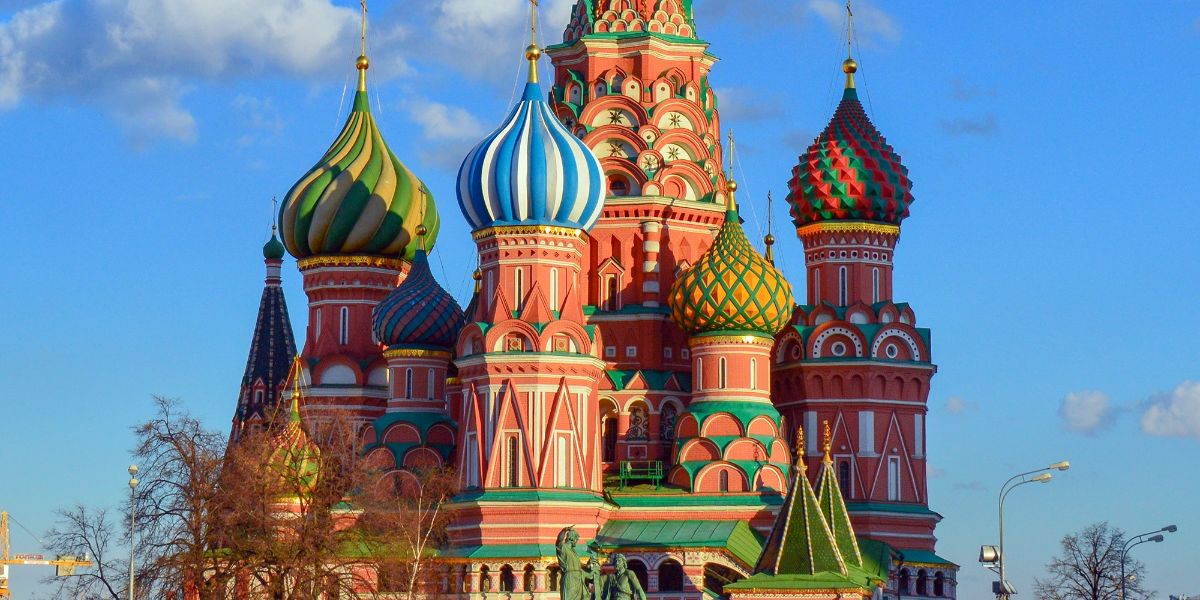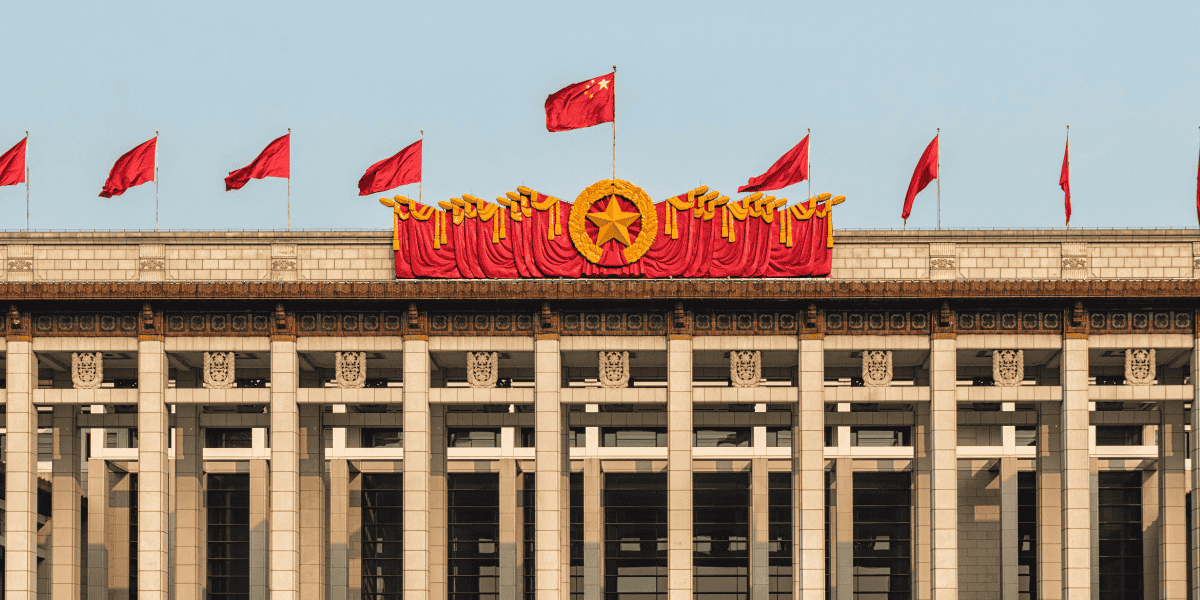On February 5, 2014, Russia completed the drafting of a new double taxation agreement (DTA) with China to replace their 1994 treaty. The new treaty when finalized is likely to update the provisions to take into account changes in the tax legislation in Russia and China in recent years.
Related Posts

IMF Recommends Tax and Social Security Reforms in China
On 18 February 2026 an IMF Country Focus was published, generally based on the report issued by the IMF following consultations with China under Article IV of the IMF’s articles of agreement. China’s economy has remained resilient through
Read More
Russia: Bank of Russia cuts key policy benchmark by 50 bps
The Bank of Russia Board of Directors decided to cut the key rate by 50 basis points to 15.50% per annum on 13 February 2026. The economy continues to return to a balanced growth path. In January, price growth accelerated significantly due to
Read More
EU imposes tariffs on Chinese-made electric vehicles
The European Commission has implemented additional import duties on electric vehicles manufactured in China, with rates varying significantly by manufacturer. These charges come on top of the EU's standard 10% import duty on cars. Chinese EV
Read More
US issues new tax rules to limit Chinese clean energy components
The US Treasury Department released interim guidelines on 12 February 2026 addressing how companies can qualify for clean energy tax credits while restricting reliance on Chinese-made equipment under President Donald Trump's tax legislation. The
Read More
China issues interim framework for tax deductions on capital assets
China’s Ministry of Finance and the State Taxation Administration have issued Announcement No. 15 of 2026 on 30 January 2026, in which it issued provisional rules clarifying the deduction of input VAT on long-term assets, with a particular focus
Read More
EU raises tariffs on Chinese ceramics to combat unfair trade
The EU has dramatically increased import duties on Chinese ceramic tableware and kitchenware to 79%, replacing the previous range of 13.1% to 36.1% that had been in effect since 2013. The European Commission justified the steep increase by citing
Read More









